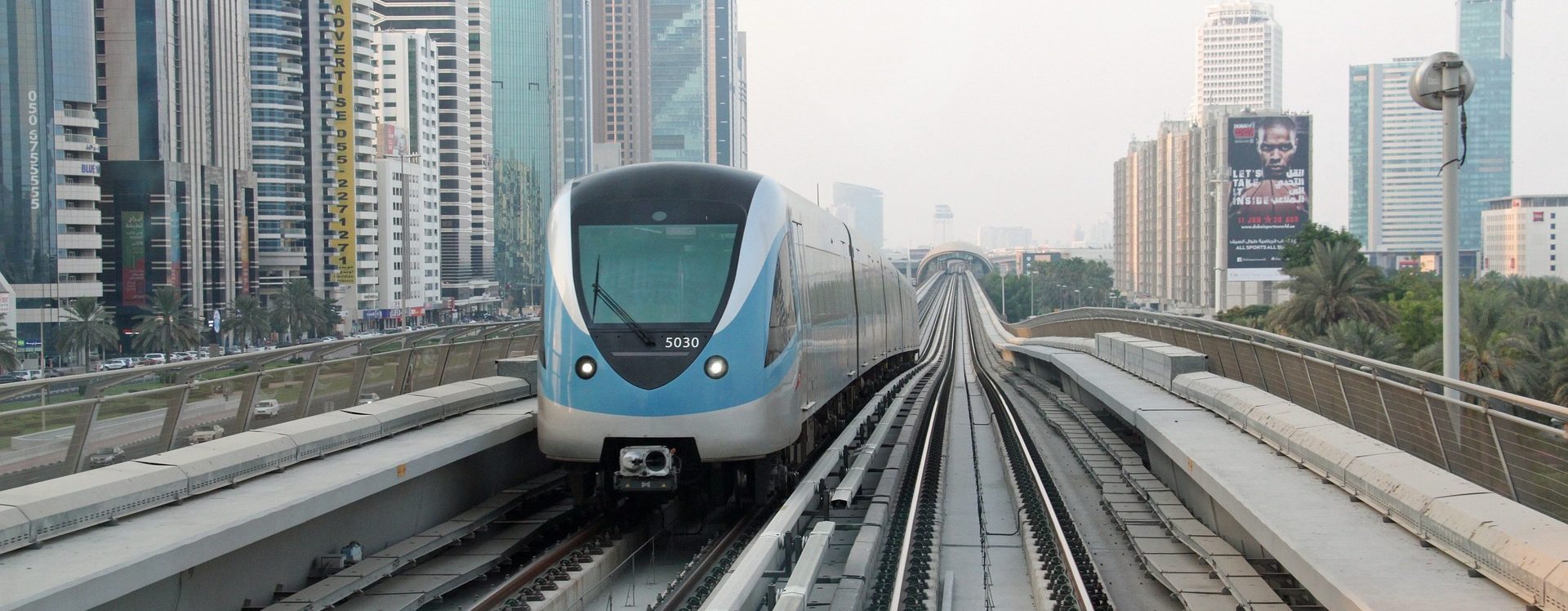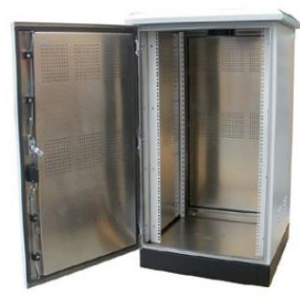The Dubai Rail Link (DURL) project served to construct a new rapid transit system in Dubai to help lessen the traffic congestion and support the rapidly increasing population using railways by creating an automated rail network with the help of Thales Rail Signalling Solutions. Dubai Metro was the first fully driverless urban rail network in the Gulf region, and their green and red lines were the first lines to run both above ground on elevated viaducts and underground. Since the project was finished the passenger volume has increased exponentially and now handles 35% of all public transport.
Mainframe supplied Thales for the Dubai Metro project, starting in 2006, where we supplied Splice Enclosures (FOSE), Fibre Optic Distribution Frames (FODF), Distribution Racks (FODR) and Patch cords for their work on the line.
For the project, our wall-mounted FODFs incorporated equipment critical to the operation of train control and station management control systems – including the Thales SELTRAC Vehicle Control Centres (VCC) for both the Red and Green lines.
The VCCs interface the on-board train controllers with trackside equipment and constantly evaluate the status of the railway and vehicle positions, before deriving and transmitting movement authorities to the trains within their control area.
Mainframe Communications’ 19” floor mounted FODRs were installed at the Operation Control Centre (OCC) at Rashidiya (and the Back-Up OCC at Jebel Ali) to interface the Thales Control System with equipment along the routes. The installed equipment included Mainframe’s Pivot Optical Distribution Frame assemblies, enabling efficient splicing, patching and management of up to 384 fibres.
The Dubai Metro was a successful programme that boosted public transport in the fast-growing city, and several line extensions were planned and constructed after the initial project success.
Many of our products are LUL compliant and meet the EU and British IP rating standards and are suitable for trackside installation, and our personnel are licenced to build and test signalling equipment by the Institution of Railway Signalling Engineers (IRSE).




